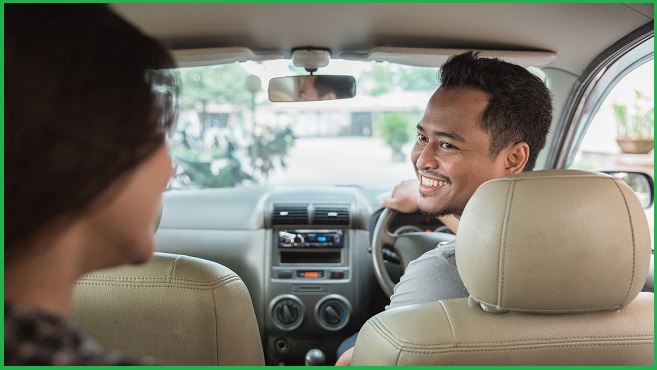Uber will classify its UK drivers as workers and ensure they earn the minimum wage and receive other employment benefits such as holiday pay and superannuation contributions, signalling a concession for so-called ride share companies in the UK.
Over 70,000 UK drivers will fall under the reclassification following last month's UK Supreme Court decision to uphold a previous ruling that Uber drivers are workers, not self-employed contractors.
In a statement to the US Securities and Exchange Commission, the company said workers were not employees but were entitled under UK to receive certain benefits.
Jamie Heywood, Uber's General Manager for Northern and Eastern Europe, said it was "an important day for drivers in the UK" despite his company's resistance to courts ruling in favour of workers.
"Uber is just one part of a larger private-hire industry, so we hope that all other operators will join us in improving the quality of work for these important workers who are an essential part of our everyday lives,” Heywood said.
The new arrangement will see workers guaranteed a minimum wage with the company topping up its drivers' incomes only for time spent driving.
Campaigners have pushed for Uber to also compensate for time spent logged into the app, waiting for a fare.
Uber drivers have been pushing for a change to their working arrangements for years with the Central London Employment Tribunal ruling in drivers' favour back in 2016 which Uber appealed and lost.
It took the case to the Court of Appeals, where it lost again, making last month's Supreme Court decision its fourth consecutive defeat in the UK court system over the issue of workers' rights.
Rachel Mathieson, a lawyer with the firm acting on behalf of the UK Uber drivers said it was important that innovation does not breed exploitation.
"Although technological change has brought significant benefits to consumers, it has always been our view that these benefits can and should go hand-in-hand with a respect for workers’ rights," she said.
"The two should not be mutually exclusive."
Mick Rix, national officer of the GMB Union, said it shouldn't have taken four separate court cases for Uber to change the way it classifies drivers.
“Uber had to be dragged kicking and screaming to do the right thing, but finally they’ve agreed to follow the ruling of the courts and treat their drivers as workers," he said.
“Other gig economy companies should take note – this is the end of the road for bogus self-employment.”
Rideshare companies reportedly spent over US$200 million in a campaign to win over Californians who were voting on a proposition to make the likes of Uber and Lyft exempt from state laws requiring their drivers to be classed as workers.
The Supreme Court decision and Uber's subsequent reversal could be a test case for other gig economy workers such as food delivery riders.
In Australia, the NSW parliament convened a parliamentary inquiry into the gig economy following a series of injuries and deaths of delivery riders while delivering food.
Because riders are not classed as employees, there is little-to-no compensation and insurance for harm suffered on the job.










